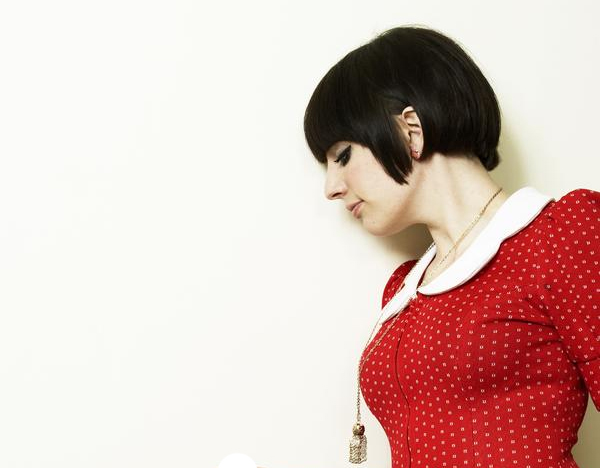As well as making music, I have a day job. I work as an Occupational Therapist with teenagers suffering from mental health difficulties, conduct disorders, drug and alcohol issues and behavioural problems. It’s a huge part of my life. I’ve worked in mental health settings for over eight years now. I can’t talk about any of my patients individually, because of our confidentiality policies; besides, it’s one of those things that isn’t very easy to get across. You just have to be there to believe it. At times, as a way of engaging and trying to gain their trust, I have sat and written songs with the teenagers. These are people that have never opened up and whom, at times, it’s impossible to get anything out of at all. But when they start to write lyrics . . . .
Music and Mental Health
So many of the musicians that I admire and have been inspired by or have suffered from some sort of mental health problem. To name but a few: Nick Drake, Brian Wilson, Leonard Cohen, Dusty Springfield, Ray Davies, Paul Simon, Peter Gabriel and Tom Waits. And that’s without even taking into account that alcohol and substance misuse are also classified as mental health problems: include those musicians tormented by drug and alcohol problems it’s difficult to think of an eminent and inspiring musician without mental health problems. For me, perhaps because the age-old subject matter of most songs — love, loss, loneliness, unhappiness — is so real and so raw for these particular musicians, their songs hold much more power and meaning and are much more convincing. Somehow, it isn’t quite the same when Johnny Borrell, for example, sings. I can’t really believe that he has suffered. I’m not convinced that he knows what he’s talking about. To be honest, I’m not even sure what he’s singing about half the time. But with Nick Drake, there’s no doubt that he’s singing from a deep and dark place, from his own painful experience. And it seems that he’s writing as a means of release. As a painfully shy man it may possibly have been the only way that he might have got some form of relief.
Music as therapy
I wonder if musicians are drawn to making music as a way of managing their problems or if it’s the lifestyle that comes with being a musician that causes these difficulties. Maybe it’s a bit of both. It does seem that musicians use songwriting as therapy. I certainly have done. I’ve used songs to externalise really difficult feelings. I’ve used songs to tell someone how I feel when I haven’t had the guts to say so to their face. I’ve used songs as an apology. Performing has improved my confidence. In fact, if I didn’t write songs, I think I’d be completely mad. Writing songs allows the writer to reflect on their experiences, to confront difficulties within their lives, and to project feelings out of themselves.
Music and loneliness
One of the strongest themes in those who suffer from mental health problems is their isolation and lack of connections with the world and the people in it. Suffering from mental health problems can have a serious impact on your ability and confidence in communicating with others. Writing a song and putting it out provides a connection to other people, if it’s a success it can even provide the musician with adoration and respect, something they may not have for themselves. Not only that, but being in a band provides you with a ready-made set of friends, a route out of isolation, even though that may be a very stressful set of friends.
Music to manipulate your mood
We all can relate to the way music can change or ease a mood. Songs can offer a chance to experience joy and hope during times that might not be so good. There’s nothing I like more than putting on a really miserable song when you’re not feeling great. Somehow it always makes things seems a little better.
Theoretical Girl is currently touring the UK. Her debut album Divided is out now


